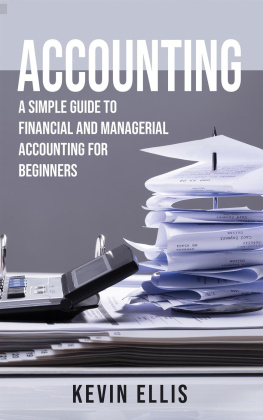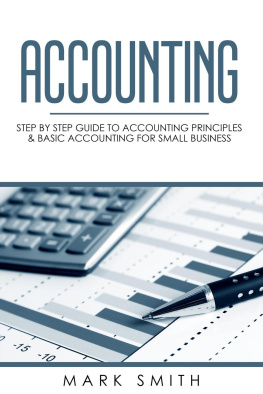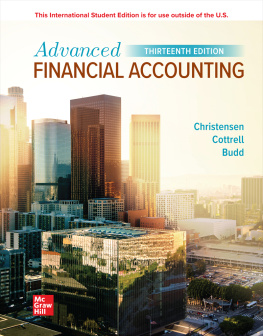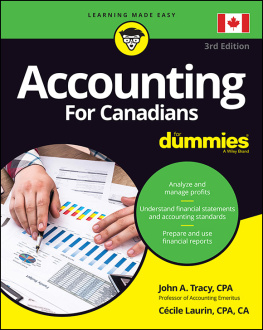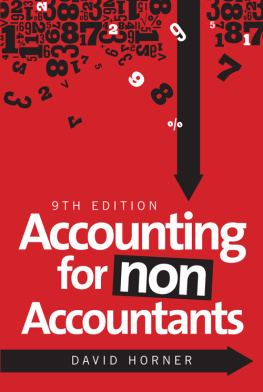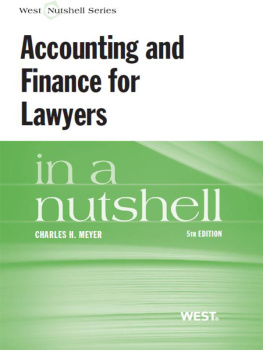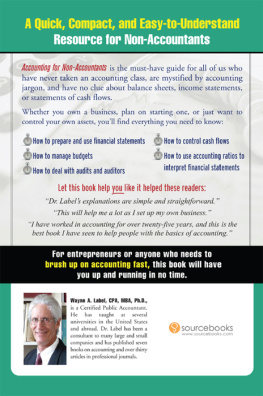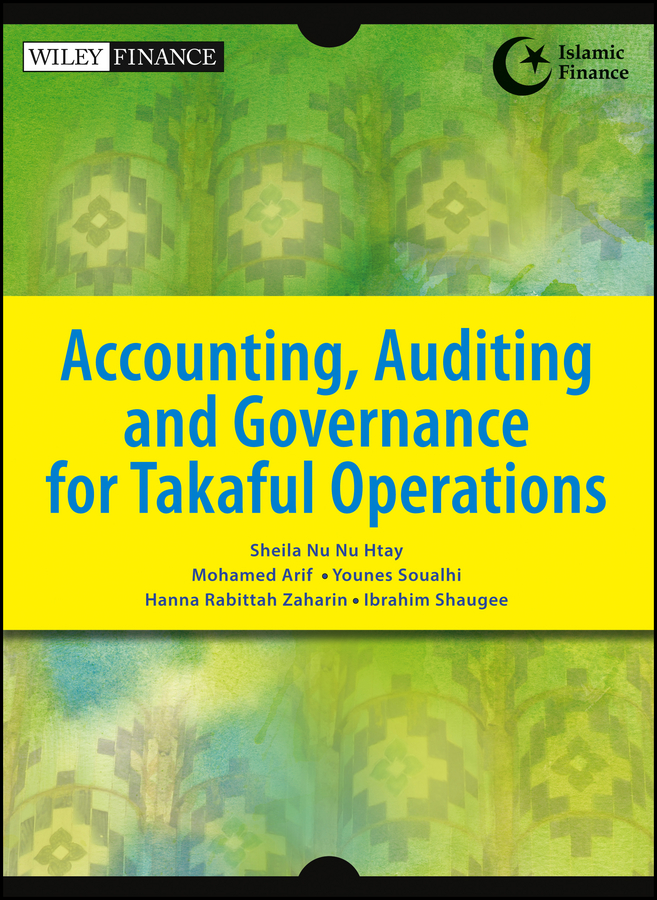Contents

Copyright 2013 by John Wiley & Sons Singapore Pte. Ltd.
Published by John Wiley & Sons Singapore Pte. Ltd., 1 Fusionopolis Walk, #0701, Solaris South Tower, Singapore 138628
All rights reserved.
No part of this publication may be reproduced, stored in a retrieval system, or transmitted in any form or by any means, electronic, mechanical, photocopying, recording, scanning, or otherwise, except as expressly permitted by law, without either the prior written permission of the Publisher, or authorization through payment of the appropriate photocopy fee to the Copyright Clearance Center. Requests for permission should be addressed to the Publisher, John Wiley & Sons Singapore Pte. Ltd., 1 Fusionopolis Walk, #0701, Solaris South Tower, Singapore 138628, tel: 6566438000, fax: 6566438008, e-mail: .
Limit of Liability/Disclaimer of Warranty: While the publisher and author have used their best efforts in preparing this book, they make no representations or warranties with respect to the accuracy or completeness of the contents of this book and specifically disclaim any implied warranties of merchantability or fitness for a particular purpose. No warranty may be created or extended by sales representatives or written sales materials. The advice and strategies contained herein may not be suitable for your situation. You should consult with a professional where appropriate. Neither the publisher nor the author shall be liable for any damages arising herefrom.
Other Wiley Editorial Offices
John Wiley & Sons, 111 River Street, Hoboken, NJ 07030, USA
John Wiley & Sons, The Atrium, Southern Gate, Chichester, West Sussex, P019 8SQ, United Kingdom
John Wiley & Sons (Canada) Ltd., 5353 Dundas Street West, Suite 400, Toronto, Ontario, M9B 6HB, Canada
John Wiley & Sons Australia Ltd., 42 McDougall Street, Milton, Queensland 4064, Australia
Wiley-VCH, Boschstrasse 12, D-69469 Weinheim, Germany
ISBN 978-1-118-50395-9 (Paperback)
ISBN 978-1-118-50397-3 (ePDF)
ISBN 978-1-118-50398-0 (Mobi)
ISBN 978-1-118-50396-6 (ePub)
Foreword
The establishment of an Islamic bank in Malaysia, in the early 1980s, generated significant interest in the populace for an institution that would fulfil a prevailing need for an alternative to conventional insurance in order to complement and supplement the insurance needs of Islamic banking. This interest, coupled with a fatwa declaring conventional insurance as a void contract due to its Shariah -noncompliant elements, issued by the Malaysian National Fatwa Council in 1972, prompted the government to establish a working team of Islamic scholars, legal experts, and insurance practitioners, called the Special Task Force to Study the Incorporation of an Islamic Insurance Company in Malaysia. I was afforded the privilege of serving as a member of the Task Force. Arising out of the recommendations of the Task Force, a Takaful Act was enacted in 1984 and the first takaful operator was incorporated in November 1984.
Since its inception the Malaysian takaful industry has seen monumental growth, from a single entity with relatively limited products, to one that is well integrated into the mainstream financial system. Over the years the industry has registered double-digit growth constantly, and has proven to be extremely resilient despite the intense competition from a well-established, well-financed conventional insurance sector, as well as economic upheavals. The efforts of the takaful operators as well as Bank Negara have to be commended. It was these resolute efforts that made the achievements of the Malaysian takaful industry possible.
As a person who built its foundation and had been working in the Malaysian takaful industry for more than two decades and seen its development first hand, I cannot help but feel extremely proudproud not only of the phenomenal growth the industry has already achieved but mostly of the fact that takaful keeps on growing by leaps and bounds, pointing to an extremely bright future. However, in our pride we should not ignore the challenges facing the industry. One such challenge is talent development. To maintain such rapid growth the industry demands adequate supplies of knowledgeable and competent human talent. The operators are constantly on the lookout for human talent that would take the industry to the next level.
Malaysia has medium- and long-term plans to develop this requisite human talent. A key component of these plans is academic programs offered by various educational institutions. For these programs to be successful, proper materials, including books, are needed. Lack of books and writings on takaful was a key challenge that we faced during the initial development of takaful. Today this is not so. There are a number of books available on takaful. However, there is still a noticeable lack of books on specialised areas of takaful accounting and auditing are two such areas. As such, this book is not just another book on takaful. It does fill a gap. It is written in a language that is straightforward and easy for an average man to understand, and at the same time avoids oversimplification that might put off professionals. This book provides a one-source alternative for knowledge of every aspect of takaful operationsfrom the basic principles to accounting entries. I take this opportunity to thank the authors for their efforts in writing this book, which I am sure will form a must-read for anyone interested in takaful. May Allah make this effort a success and bless their future endeavours.
Dato Mohd Fadzli Yusof
Preface
What started as a search by Muslim scholars and political economists for an alternative to the economic and financial system forced upon the Muslim world after their colonisation has today developed into a thriving industry that has witnessed rapid evolution and expansion within the past decade. This is visible not only in the Islamic world but in the Western world as well, signifying its robustness and vigor in the face of the financial crises that rocked the major economies of the world. It is no longer a product offered to a niche market but a genuine financial alternative with presence in more than 60 countries of the world with assets worth billions of dollars.
What started as a collection of mostly banking institutions has evolved into a comprehensive system consisting of a robust takaful (Islamic insurance) sector as well as other nonbanking financial institutions. While the success of Islamic finance is typically signified by the number and strength of Islamic banking institutions, the role of takaful should not be underestimated. The success and development achieved by the takaful sector is especially impressive when it is placed in the context of insurance penetration rates in Muslim countries, which typically tend to be very low.
In contemporary times, Islamic finance is considered one of the fastest-growing areas of international finance. The span of Islamic finance and takaful is growing remarkably fast not only in the Gulf region but also in non-Muslim countries. Expansion in the takaful business has been robust in recent times.
The demand for takaful and different takaful products is quite strong and consequential. Islam is the fastest growing religion and constitutes the second largest religion in the world. Present era Muslims are looking for religion-based solutions to the problems they face.
The achievements of the takaful sector and the potential for future growth, underlined by increasing affluence and positive demographic changes, paint a very positive picture of the future for the industry. To reach its potential, the sector has to be anchored on stable institutional foundationsnone more important than human capital. Institutions such as the IIUM Institute of Islamic Banking and Finance (II i BF) have already put in place robust programs to develop talents that would take the Islamic finance industry to the next level. This book is aimed at providing proper material that can be used as a part of academic curriculums of such a program.


